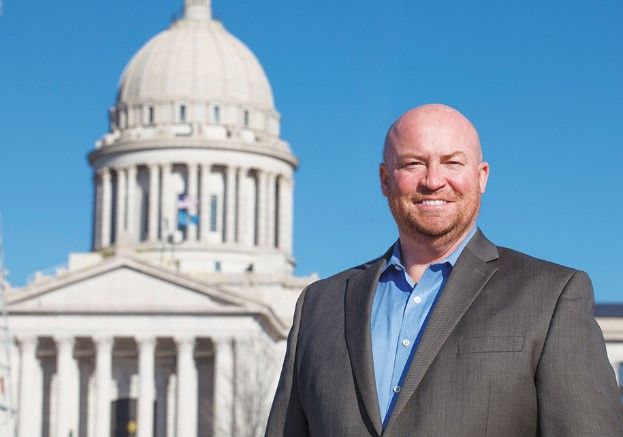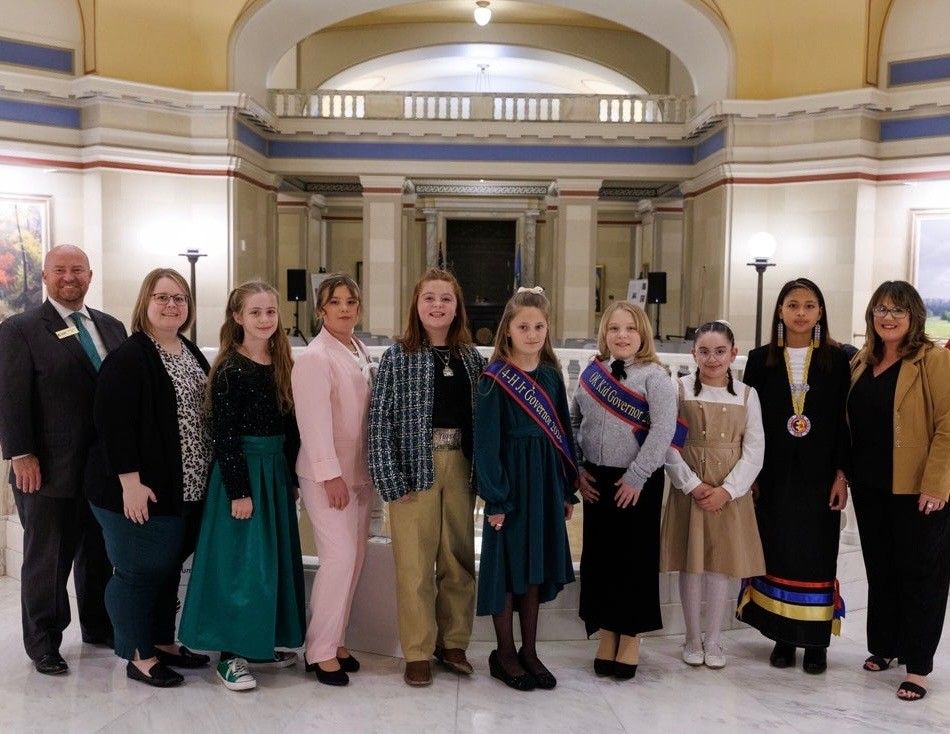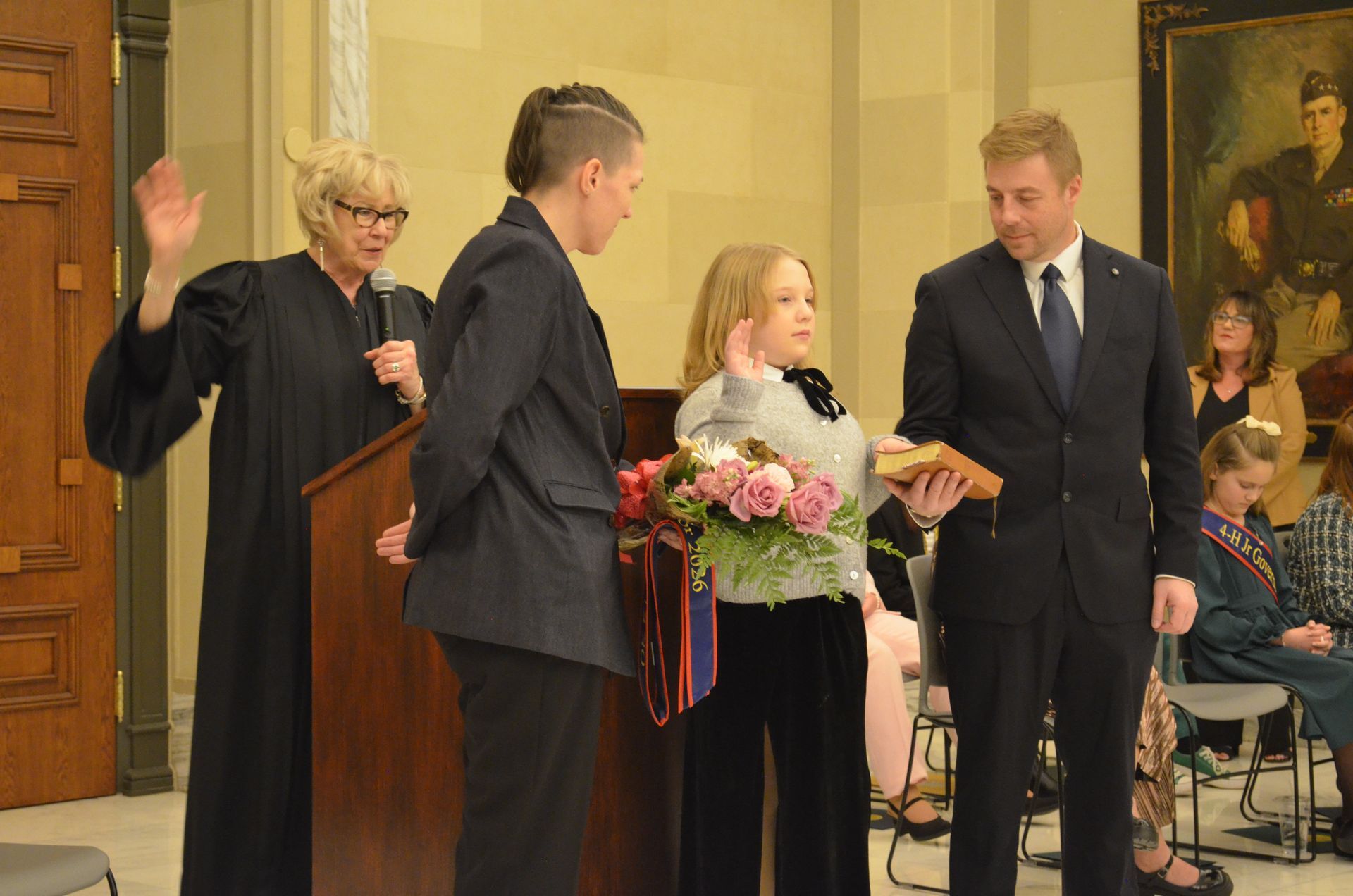"Big Beautiful Bill" Overhauled in Senate, Would Cause Even More Borrowing
Over the past month, I have highlighted portions of the federal “Big Beautiful Bill” as passed by the U.S House of Representatives.
Currently, the bill is under consideration by the U.S. Senate, but significant changes have been made, both by lawmakers and by the Senate Parliamentarian Elizabeth MacDonough. Over the past few days, significant amendments have been suggested in response to provisions the Parliamentarian ruled out of order.
Many have discussed what this role entails and how a person hired by the legislative body can do this.
The Parliamentarian of the U.S. Senate is the official advisor to the senators on the interpretation of Standing Rules of the Senate and parliamentary procedure. This person helps determine if provisions are allowable within certain pieces of legislation. For example, a multipart “Byrd Rule” test – named for former West Virginia Sen. Robert Byrd – is used to examine budget reconciliation legislation to determine whether the provisions are primarily budgetary in nature. Reciliation bills, which are used to pass budgetary measures with a simple majority instead of the standard 60 votes.
This process has existed since the 1980s and, under the rule, each of the bill’s provisions must comply with three guidelines:
1) It must primarily be a change to spending or revenue. Provisions with no or minimal budgetary impact, or those that are mostly there for policy reasons, are supposed to be struck.
2) May not increase the deficit outside of the budget window. In this case, provisions cannot add to deficits past 2034.
3) May not make changes to Social Security.
The Parliamentarian ruled that Sect. 71120 of the bill covering health care provider taxes, among other provisions, violates the Byrd Rule. This section deals with the cap on health care provider taxes in both states that expanded Medicaid (including Oklahoma) and those that did not expand Medicaid under the Affordable Care Act. This is projected to save hundreds of billions of dollars over the next 10 years in federal funds but will force states to shoulder more of the cost for Medicaid coverage. An amendment allocates $25 billion incrementally for rural hospitals over the first five years that the provider taxes would be lowered.
Several provisions have generated strong pushback from several Senate Republicans, including Sens. Rand Paul of Kentucky and Thom Tillis of North Carolina. Tillis warned deep cuts to federal Medicaid spending could cause dozens of rural hospitals in his state, and here in Oklahoma, to close.
A few of the other areas of the budget bill challenged include a private school scholarships and a tax credit, removing taxes and regulations on silencers and certain guns, requiring states pay a portion of food aid costs in the SNAP program, vehicle emissions rule removal, increasing required contributions to the federal retirement system for those who do not give up some civil service protections, requiring workers and former workers to pay filing fees when they make complaints, and reducing Defense Department spending if plans are not submitted on time.
As you can see, much of this has nothing to do with spending and should be run in separate bills. In fact, Oklahoma’s Constitution requires legislation must comply with a single subject, and it is overdue that the federal government also implements something similar to avoid multiple issues being packed into one bill.
The Senate bill in its version prior to amendments this week could add $3.5 to $4.2 trillion to the debt through Fiscal Year (FY) 2034, according to the Committee for a Responsible Federal Budget. It could go even higher, causing $500 billion to $1.5 trillion more in borrowing than under the bill when it passed the House of Representatives. We are awaiting further amendments to see what impact changes might have on the legislation. If you have concerns, please contact our federal delegation at
https://tinyurl.com/OKCongDel.










